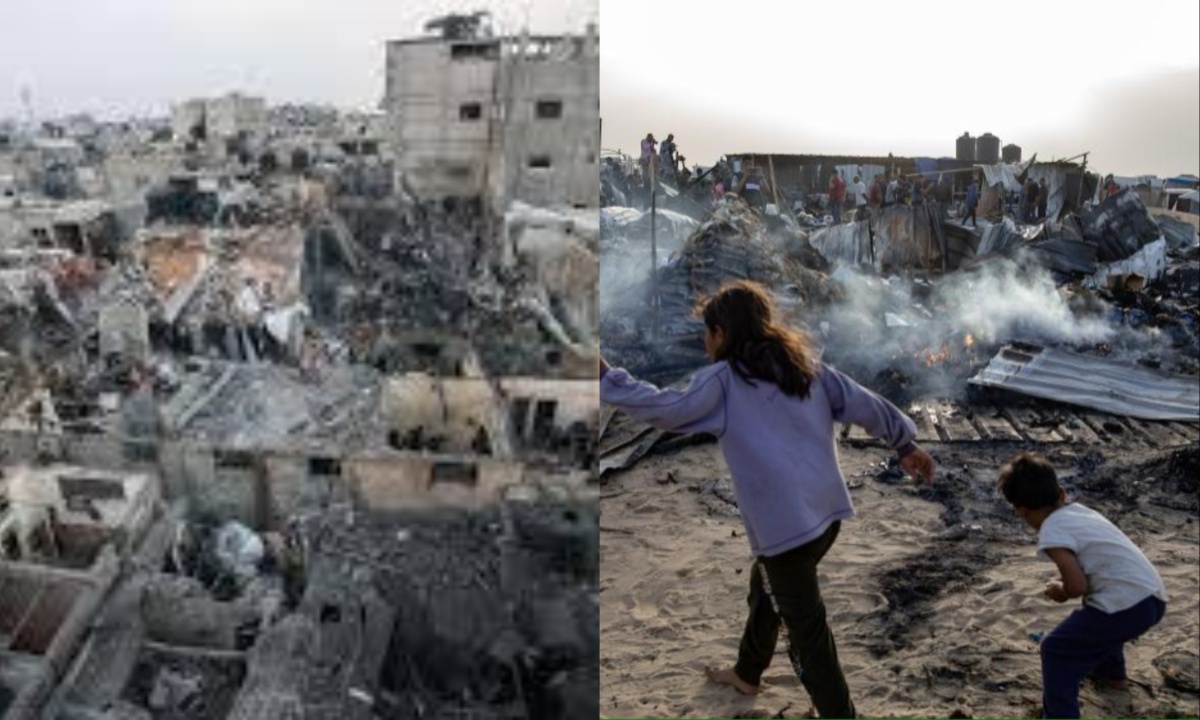Israel has promised to keep fighting in Gaza and won’t talk to Hamas if the discussions don’t lead anywhere. This comes after the United Nations Security Council strongly supported a plan, backed by the US, to stop the eight-month-long conflict.
Reut Shapir Ben-Naftaly, Israel’s representative to the UN, reiterated her country’s commitment to ensuring Gaza’s future non-threatening status to Israel, emphasizing that the war would persist until all hostages were released and Hamas’ capabilities dismantled, accusing the militant group of using negotiations to stall for time.
After a 14-1 vote in favor of the US-drafted resolution at the UNSC, with Russia abstaining, the comprehensive three-stage peace deal, proposed by US President Joe Biden on May 31, received international support, intensifying pressure on both Hamas and Israel to cease hostilities.

US Secretary of State Antony Blinken, during his diplomatic visit to the Middle East, affirmed Prime Minister Benjamin Netanyahu’s backing of the ceasefire proposal and hostage release plan, contingent upon Hamas’ acceptance. Netanyahu reiterated his stance to continue the Gaza war until Hamas is eradicated and hostages freed.
Hamas welcomed the UNSC resolution, expressing readiness to engage in implementing measures such as Israeli forces’ withdrawal from Gaza and prisoner exchange. The resolution stated Israel’s acceptance of the plan, despite Netanyahu’s previous statements indicating otherwise.
While US officials assured Israel’s compliance with the obligations outlined in the plan, negotiations between Israel and Hamas to implement its provisions are ongoing. The deal, divided into three phases, includes an initial ceasefire, followed by the release of hostages and Palestinian prisoners, and ultimately culminating in the permanent cessation of hostilities and Israeli withdrawal from Gaza.
